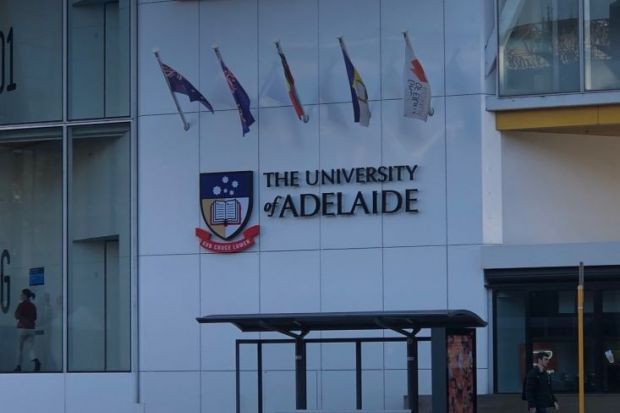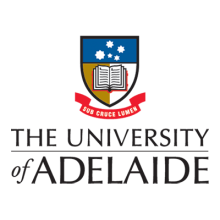South Australian universities’ relatively smooth pandemic has raised questions over the rationale for two of them to merge.
Institutional annual reports show that the state’s three universities survived Covid largely unscathed. Two of the three finished 2022 in surplus, while three-quarters of Australia’s other institutions registered deficits.
Average income from international students fell less in South Australia than it did elsewhere. Overall revenue across the three universities was slightly higher after Covid than before, while the rest of the sector averaged a 6 per cent decline.
The state’s vice-chancellors, who include two of the four best-paid in the country, earned an average A$1.26 million (£647,000) last year – 32 per cent per cent more than the national mean, and over A$100,000 more than before the pandemic.
University of Adelaide vice-chancellor Peter Høj has cited Covid as an example of the disruptive forces warranting the security blanket of a merger with the University of South Australia (UniSA). But the post-pandemic stability of the state’s sector has not been limited to its finances. All three institutions have also renewed their workplace agreements without the industrial turmoil experienced elsewhere.
A draft bill to amalgamate the two institutions has been circulated for public comment as a multi-party committee of South Australian parliamentarians conducts an inquiry into the proposal. Of 80 published submissions to the committee, about 10 per cent support a merger, with 40 per cent opposed and 50 per cent undecided.
Opponents warn of a “flagrant waste” of taxpayer funds, potential job losses and “unjustifiable risk” to institutional identity, reputation and services.
Many submissions neither support nor oppose a merger but urge thorough analysis of the pros and cons. Others assume that the merger will proceed but offer specific recommendations around the institution’s name, regional campuses, specialist degrees, libraries and student and staff representation.
One submission opposes the proposed merger, saying UniSA should instead amalgamate with Flinders University. Another offers no opinion on a merger but says universities should be obliged to pay council rates.
More than a quarter of the submissions are primarily concerned with the future of UniSA’s Magill campus, which would be sold to the state government to help bankroll the proposal. “I’m pleading with you not to turn the Magill campus into housing,” one submission says. “The environmental and biodiversity value of this land is dramatic,” offers another. “If the merger is meant to see the university grow, why on earth would they want to give up this asset?”
Many critics cite a lack of evidence for the merger’s predicted benefits. The two universities, which both support the proposal, courted criticism for keeping much of the business case under wraps.
Their 88-page joint submission to the committee includes the “key” feasibility assessment documents that persuaded their respective councils to support the proposal in June, with “commercially sensitive” passages removed.
South Australia’s government also attracted criticism for proposing the merger in advance of the Universities Accord review panel’s final report. Panel chair Mary O’Kane, who addressed the committee in early September, said she was “not at all” concerned by this.
Professor O’Kane said the “exciting” proposal could help inform the panel’s deliberations, particularly around online delivery and curriculum revision: “From the accord’s point of view it’s very interesting to see the experiment in live action.”
The committee is due to report on 17 October.
Register to continue
Why register?
- Registration is free and only takes a moment
- Once registered, you can read 3 articles a month
- Sign up for our newsletter
Subscribe
Or subscribe for unlimited access to:
- Unlimited access to news, views, insights & reviews
- Digital editions
- Digital access to THE’s university and college rankings analysis
Already registered or a current subscriber? Login











